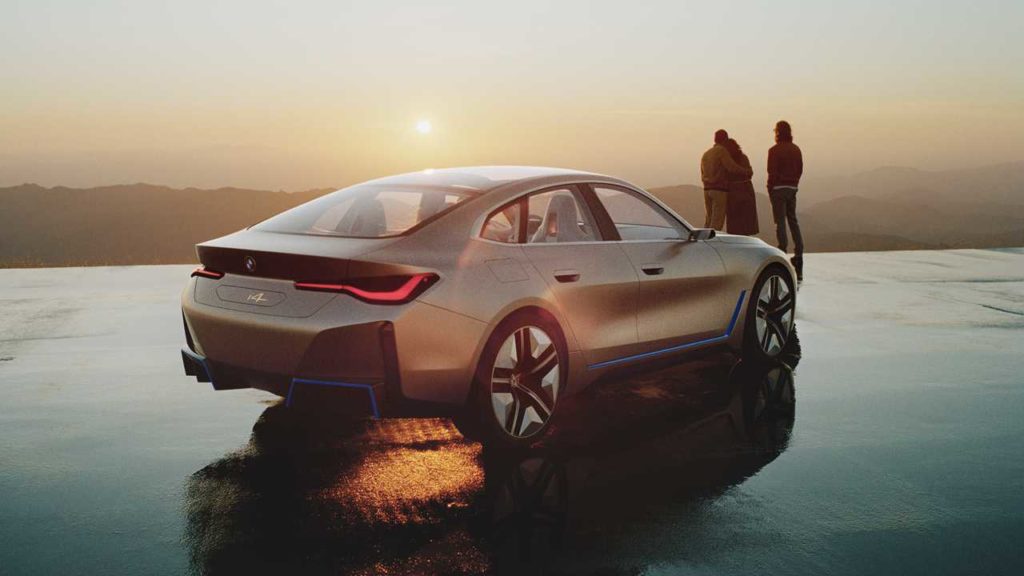Something is moving in Munich at the headquarters of BMW. Once ahead of the EV curve with the surprising i8 and the popular i3, in the past few years the German company has been struggling in the all-electric market. However, that might be changing.
For years the company has been swimming against the EV tide. While other companies were developing dedicated electric powertrains, such as the Volkswagen Group, which has multiple platform for mass production use, BMW has been concentrating its efforts on multi-use car platforms.
However, thanks to the approval of the Works Council, which has seats in the BMW advisory board as representatives of the firm’s workers, BMW could be heading in an entirely new direction on electric cars.
“Only with our own e-architecture can we fully exploit the advantages of an electric vehicle,” Works Council chief Manfred Schoch said.
When, 11 years ago, BMW came out with the i3, the company was considered a pioneer as it was one of the first major automakers in the world to offer EV options to consumers. But since then the board took the company on the hybrid platforms path for different reasons such as cost, flexibility and to protect union jobs in Germany as EV assembly requires far fewer workers.
BMW has long championed the hybrid platform strategy for its ability to quickly shift its production mix in the face of changing customer demands. However, the Works Council leader also admitted fears that the hybrid strategy could see the company overtaken by competitors from as far afield as China.
Currently BMW doesn’t have to go to China to see competitors overtaking it. In fact, the Volkswagen Group already has multiple dedicated EV platforms spread throughout its brands. It has its MEB (Modular Electric Matrix) platform for mass production use, starting with this year’s ID.3 and scaling up in size to large SUVs. It also has the C-Bev architecture, which sits beneath the e-tron, the J1 platform for the Taycan and the upcoming Audi e-tron GT and the upcoming PPE architecture for future premium and high-performance cars from Audi, Porsche, Bentley and even Lamborghini. The company believes that mass production is the only way for EVs to be profitable. VW’s Zwickau plant recently produced its last internal combustion car and switched over entirely to EVs.
While BMW is trying to figure out its future, pictures have surfaced of an electric version of the 3 Series. A camouflaged prototype spotted by spy photographers looks almost identical to the current G20-generation 3 Series, although it has the addition of the mandatory ‘electric test vehicle’ which hints to the fact that it's an early test version for a zero-emissions model. Plug-in hybrid prototypes are also required to wear stickers, but no exhausts at the rear strongly suggests an electric powertrain.
The forthcoming i4 will be BMW's first electric saloon, and the firm is yet to officially confirm plans for an electric 3 Series. BMW design chief Domagoj Dukec said recently that the decision to launch an i4 rather than an electric 3 Series was because “electrification is still at the point where some people doubt if they should go for it or not, and it’s still a little more expensive. So electric cars need more emotion, and we believe an electrified i4 makes more sense than an electric 3 Series.”
